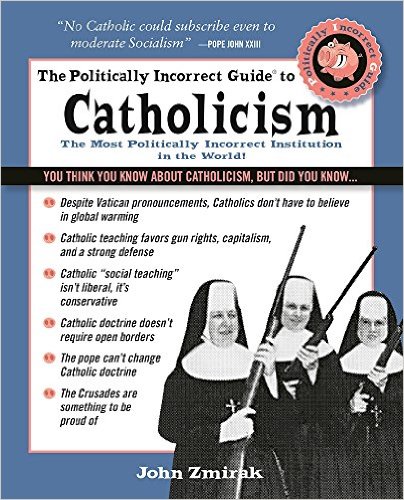November 04, 2016
Month: November 2016
November 03, 2016
College Cramming: A refresher course on the Electoral College
November 03, 2016
Work is a gift our kids can handle
The abundant prosperity of the modern age has brought many blessings when it comes to child-rearing and child development, offering kids new opportunities for education, play, and personal development. Yet even as we celebrate our civilizational departure from excessive child labor, we ought to be wary of falling into a different sort of lopsided lifestyle. Continue Reading...

November 03, 2016
Human flourishing is a universal goal
November 02, 2016
Markets without limits?
November 02, 2016
Stewardship and faithful service
November 02, 2016
Toward cultural renewal: Russell Moore on the future of the religious right
November 02, 2016
The Christian Statesman and the Gospel to the Poor
November 01, 2016
Review: John Zmirak’s ‘Politically Incorrect Guide to Catholicism’
Michael Hamburger, a Jew born in Germany and exiled in England in 1933, borrowed the persona of the previous century’s German Romantic poet Friedrich Holderlin to express in verse the madness of the modern world. Continue Reading...

November 01, 2016